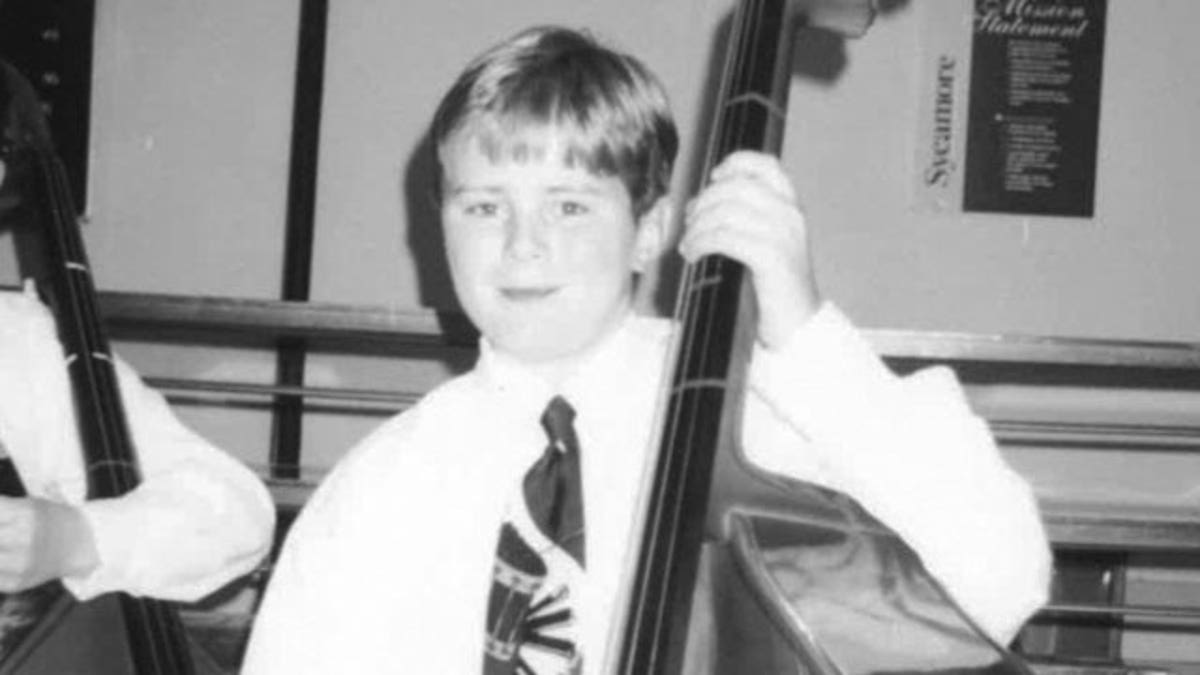
Courtesy: Cole Family
One ordinary day on a playground, a 12-year-old boy announces to his friends, "I have no pulse." He then collapses to the ground in an apparent full cardiac arrest.
More than a decade ago, this tragic scenario played out for real.
Anthony Cole's heart had stopped beating, and he was considered clinically dead. The boy was airlifted to Cincinnati Children's Hospital. On the way, he had 13 electrical shocks applied to his chest in a desperate attempt to revive him. Miraculously, his heart was shocked back into its beating state; but by that time, severe, irreversible brain damage had occurred.
This preventable and treatable cardiac arrest left Anthony in a coma for more than a year. Once he was out of the coma, he was left with severe handicaps that would require a lifetime of special care.
The cardiac condition that caused this tragedy is called Wolff-Parkinson-White Syndrome (WPW). Simply described, the syndrome involves an extra piece of muscle woven into the overall mass of heart tissue that creates an electrical short circuit. In some individuals, this condition is benign – in others it can lead to palpitations or tachycardia – but, in a few, as in Anthony’s case, it can be deadly, leading to sudden and unexpected full cardiac arrest.
In the most recent large-scale school screenings, this condition has been identified in up to one child per 100-1,000. The good news is that WPW is now 100 percent curable. A simple procedure, called an ablation, is used to remove the excess heart muscle, which removes all future risk of sudden death.
But how can you detect a disease that may have no symptoms, even right up to last second, just before the onset of cardiac arrest? A simple EKG can make the diagnosis.
Anthony’s parents have chronicled his story in their book “Resurrecting Anthony.” I had the pleasure to meet with this heroic couple during an interview on FoxNews.com Live. The following is an excerpt from an e-mail that Anthony’s mother, Linda Cole, sent me after the show:
“Dear Dr. Tozzi,
It was such a pleasure meeting you and your wife on Tuesday at Fox. I am quite excited that you are pursuing cardiac screening for children. This would save many families much needless heartache. I also believe that it would save Medicaid dollars in the long run. If nothing else, I hope that parents can at least be educated and given the option of paying for an EKG…”
Anthony’s mom is right. This tragedy could have been avoided in two ways:
1. Required early cardiac screening for children.
2. Rapidly available automated external cardiac defibrillator units at all schools, playgrounds, athletic fields and public places in general.
The alternatives are starkly defined.
By using established EKG technology, which costs about $40 per patient, physicians can diagnose and cure virtually all detected incidences of the bad form of WPW in young children, who will go on to lead normal, productive lives.
Tragedies like Anthony’s, which can result in subsidized health care costs mounting into the hundreds of thousands over a lifetime, can become, literally, a thing of the past.
Dr. Robert J. Tozzi is the chief of pediatric cardiology and founder of the Pediatric Center for Heart Disease at Hackensack University Medical Center in Hackensack, New Jersey. He is also the director of the Gregory M. Hirsch Hypertrophic Cardiomyopathy Center and a Fox News contributor.
